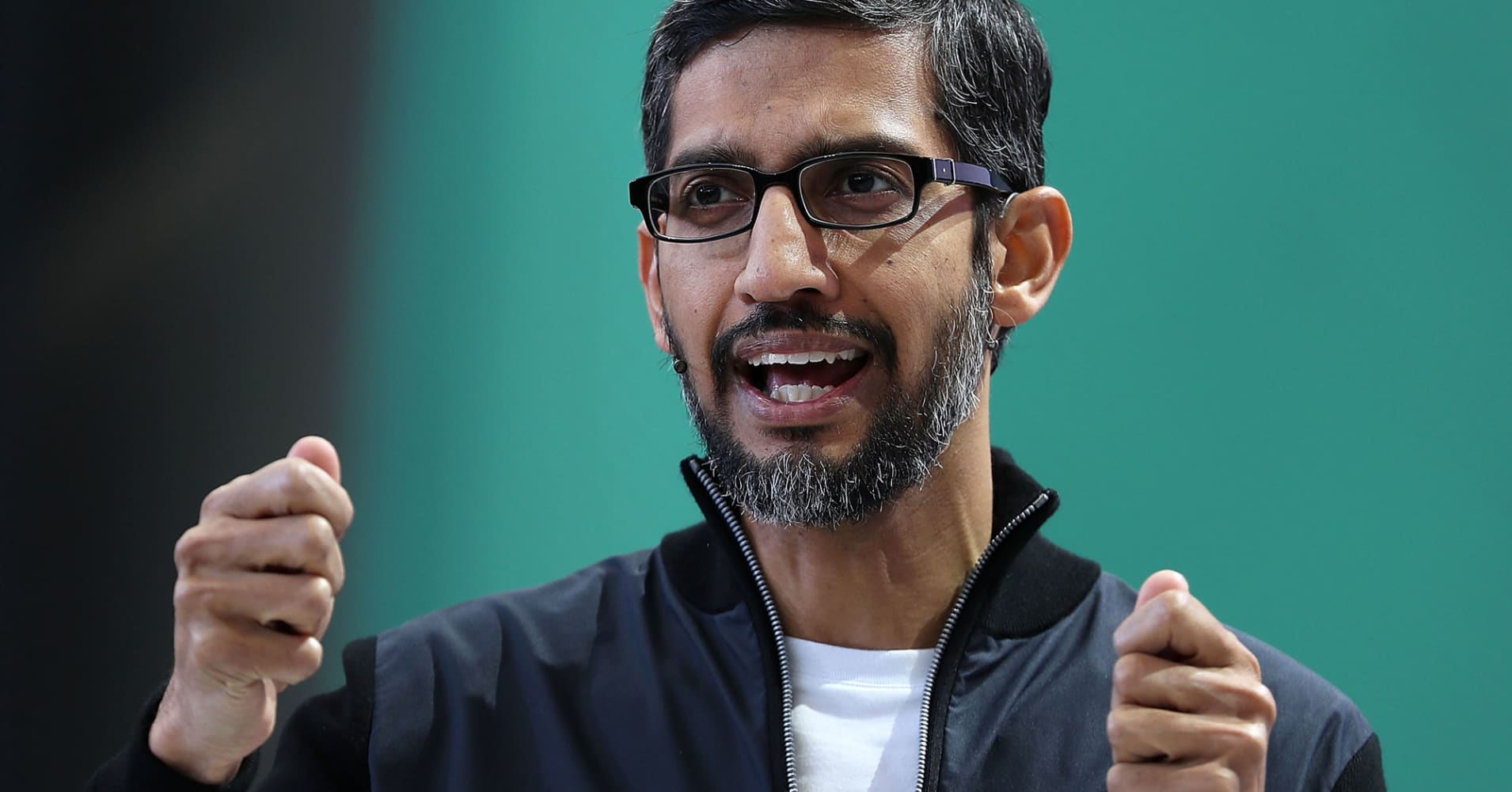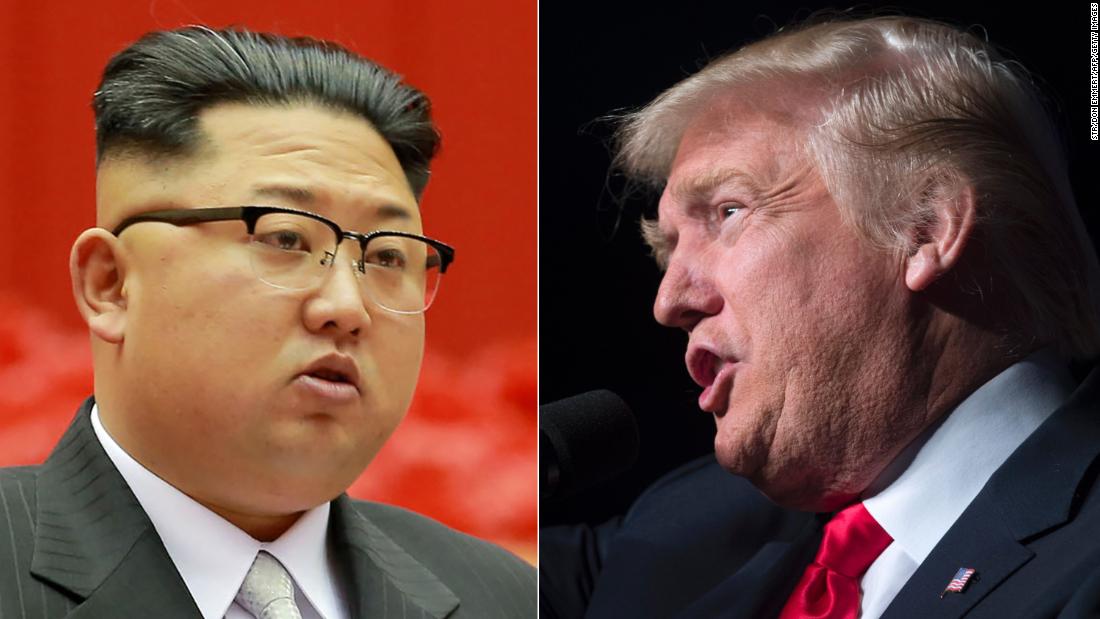Experts Matter. Find Yours.
Connect for media, speaking, professional opportunities & more.

Ban on Cryptocurrency Ads Not Good for Consumers
Starting in June, Google will no longer allow any advertising about cryptocurrency-related content. It’s a hard move, but the online giant is following in the footsteps of Facebook who initiated similar measures at the start of 2018. While a potentially lucrative and growing marketplace, there’s still a lot of hesitation and concern about potential scams. Google's director of sustainable ads, Scott Spencer recently said in an interview with CNBC: "We don't have a crystal ball to know where the future is going to go with cryptocurrencies, but we've seen enough consumer harm or potential for consumer harm that it's an area that we want to approach with extreme caution.” So, is banning ads promoting cryptocurrencies the right thing to do? "Google's ability to censor these ads is exactly why decentralization and censor-proof media and currency is so important," says David Noble, director of the Peter J. Werth Institute for Entrepreneurship and Innovation. "Do people want Google to make the decision as to what they can and can not see? Where do they draw the line," Noble asks. Noble focuses on technology entrepreneurship in the digital economy. He is often sought out by media for his perspective and insight regrading cryptocurrencies and technology. David is available to speak with media, simply click on his icon to arrange an interview. Source:

Gaza clashes: Israel's methods should be questioned
The Hamas terror group said today that it has reached a cease-fire agreement with Israel, after it carried out air strikes in retaliation for rocket fire attacks from Gaza. Israel is denying such claims - another reason Israel's methods should be questioned, says Yael Aronoff, director of Michigan State University's Jewish Studies Program and the Serling Chair in Israel Studies. "All countries have a right to protect their borders and illegal entry at their borders, especially when some are from Hamas, which still formally calls for Israel's destruction. Yet, the number of Palestinians killed calls into question the methods used by Israel. Israel contends that many of the people at the border are not peaceful and that it first uses non-lethal measures and only uses lethal measures as a last resort to protect the border. Israel also contends that it is criticized when non-militants are killed, but that Palestinians intentionally fire from smoky areas, which makes it more difficult for them to distinguish civilians from non-civilians. Palestinians claim that Israel should not be using lethal force, and that civilians are also being killed. However, some in the Palestinian Authority have also criticized Hamas for encouraging civilians, and even children, to come close to the border and try to cross it.” Source:

Can Ambien really make you say things you don't mean?
"It is possible, especially if the person took more than the prescribed dose or was taking other drugs at the same time, that an individual might say things that he/she normally would not. This often happens with alcohol as the benzodiazepine type drugs act on the brain in ways similar to alcohol. The two drugs can have an additive effect on brain function." - Jim Galligan Jim Galligan's expertise focuses on prescription medications and opioids. He is available to speak with media regarding the effects of Ambien. Simply click on Jim's icon to arrange an interview. Source:

In his letter to Kim Jong Un and related statements, President Trump made not-so-veiled threats regarding U.S. military capabilities. Thus, many are asking: Is the Trump Administration, staffed with former military officers in prominent cabinet positions, chomping at the bit to unleash America’s military might? International security scholar Peter Campbell, Ph.D., is watching the situation. “Trump's cancellation gives both sides opportunity to claim that they pursued all diplomatic means. The conflict now enters a more dangerous phase because an opportunity to step back from the brink has been lost and diplomatic efforts have been somewhat discredited,” he said. “Trump’s comments regarding superior U.S. nuclear capability might be interpreted as a precursor to escalation, although the letter's tone was much less inflammatory than his earlier rhetoric.” Campbell said history – and, ironically, Trump’s staff of former U.S. military leaders in key positions – sides with those who prefer diplomacy over force. “The prominent role of former military officers has caused some to worry that the Administration is anxious to go to battle. This idea is problematic because it does not take into account that U.S. military leaders have often been more hesitant than their civilian superiors to use force,” he said. “As former Secretary of Defense Robert Gates wrote of his Cold War experiences under Presidents Reagan and George H. W. Bush: ‘In more than 20 years of attending meetings in the Situation Room, my experience was that the biggest doves in Washington wear uniforms.’ This makes sense because military officers often have an intimate understanding of how the decision to use force leads to major uncertainty and is plagued with often insurmountable friction and the fog of war. Gates observed: ‘Our military leaders have seen too many half-baked ideas for the use of military force advanced in the Situation Room by hairy-chested civilians who have never seen combat or fired a gun in anger.’ Thus, the fact that Trump has former military officers in his inner circle should decrease, rather than increase, fears of an ill-conceived use of military force to resolve this crisis. Secretary of Defense James Mattis made explicit mention of the key role diplomats are playing in the unfolding crisis. Numerous commentators have pointed out the immense influence that Mattis has in the current administration. This should calm rather than incite fears of a military solution." Source:

Trump's Twitter Practices Unconstitutional: New Media, First Amendment Expert Weighs In
On Wednesday, a federal judge declared that President Trump's practice of blocking critics from his Twitter account is unconstitutional. The ruling was reached after several plaintiffs accused the president of violating their First Amendment rights by blocking their access to his Twitter feed. The plaintiffs argued they’d been blocked specifically because of their critical viewpoints. Trump’s 9-year-old @realdonaldtrump account has more than 50 million followers. "Yesterday’s ruling is important because it gives people freedom to consume the opinions of public figures on social media platforms. This is the same right individuals have with any other public forum such as newsprint and broadcast media," said Mia Moody- Ramirez, Ph.D., professor of journalism, public relations and new media at Baylor University. Moody-Ramirez is a nationally recognized expert in topics of new media, race, class and culture. She studies the media framing of various issues, including people of color, women and political candidates. Her book "From Blackface to Black Twitter: Critical Reflections on Black Humor, Gender, Race & Politics" will be available this summer. "Justice Department lawyers argued that it was Trump’s choice and blocking individuals should be no different from the president deciding in a room who not to listen/talk to. However, the ruling distinguishes Trump’s Twitter account — which, like public parks, is under government control. In public forums, the First Amendment protects the freedom of speech, regardless of a person’s viewpoint," Moody Ramirez explained. "Worth noting," she said, "is this ruling will not affect ordinary Twitter users who can block and follow other Twitter users. President Trump’s account @realdonaldtrump is a space operated by the government for government business, and therefore, cannot limit speech based on an individual’s viewpoints." Moody-Ramirez is the author of several books, including: * "From Blackface to Black Twitter: Critical Reflections on Black Humor, Gender, Race & Politics" (Peter Lang), summer 2018 * "The Obamas and Mass Media: Race, Gender, Religion, and Politics" (Palgrave Macmillan) with Dr. Jannette Dates, 2013 * "Black and Mainstream Press’ Framing of Racial Profiling: A Historical Perspective" (University Press of America), 2009 She is available to speak to reporters. Source:

Definitely …Maybe? Donald Trump’s planned sit-down with Kim Jun Un
It was diplomacy that was almost out of a movie. Two bitter leaders, both unpredictable and avowed enemies who seemed on the brink of war … until suddenly they are friends, complimenting each other and arranging a meeting of historic proportions. There was even talk of a Nobel Prize. It seemed too good to be true. And now the world is back to reality. The surprisingly insta-warm relationship between American and North Korea seems to have once again chilled. And now it’s a battle of statements over who has upset who and why. According to North Korean media, Choe Son Hui, a vice-minister in the North Korean Foreign Ministry, said the summit is being reconsidered. And annihilation may follow. "Whether the US will meet us at a meeting room or encounter us at nuclear-to-nuclear showdown is entirely dependent upon the decision and behavior of the United States," Choe said. Vice President Pence responded in the media with a veiled threat of his own. "There was some talk about the Libya model," Pence told Fox News "As the President made clear, this will only end like the Libya model ended if Kim Jong Un doesn't make a deal." So where are we now? What’s next? Is this relationship over before it even started? Experts from the University of Connecticut may have some insight and deeper understanding of this issue. Alexis Dudden is a Professor of History specializing in modern Japan and Korea, and international history at the University of Connecticut. Dudden stresses the importance of understanding the complexity of modern Korea-Japan relations to better appreciate Korean resistance to U.S. demands. South Korea is a country where one in six families is directly affected by the North-South divide. It is “imperative that Washington planners take seriously South Korean desires for renewed engagement,” Dudden says. Professor Dudden is available to speak with media regarding the ongoing talks and threats between North Korea and America. Simply click on her icon to arrange an interview. Source:

Dear President Trump, In response to the numerous school shootings, Please re-consider your agenda and work to make the educational system safe for our children. Consider allocating funding to allow for the following: *The placement of police sub-stations in middle and high schools that are in at-risk neighborhoods and studying the effect of police presence on the culture of safety. *The creation of school-based mental health clinics run by nurse practitioners and social workers. This will allow at risk and troubled youth to have immediate access to interventions and services. *The ability for community-based researchers to work pro-actively with schools to creatively solve the issue at the local level. Pass federal legislation addressing the minor consent to treat laws for mental health issues. In Washington State, where I live and practice, minors over the age of 13 can consent to mental health treatment without parental consent. The goal isn’t to take the healthcare decision making authority away from parents, the goal is to get youth the help they need before something tragic happens. Appoint a special task force or committee consisting of educators, healthcare providers, lawyers, social workers, and anyone else who directly works with at risk youth. I believe that the solutions will come from these committees. Submitted to POTUS May 19, 2018 Source:

Talking to Kids about Tragedies (Such as Shootings and Terror Attacks) in the News
News of yet another #schoolshooting reminds us of the vulnerability all children face. Even if not directly involved, children may be affected by the media coverage. The resources here can provide guidance: https://www.schoolcrisiscenter.org/resources/talking-kids-about-tragedies/ Source:

In less than a month, President Trump is scheduled to meet with North Korea’s Kim Jong Un in Singapore. Negotiations leading to the summit have led to the release of Americans from N. Korean prisons and reports of the razing of a nuclear facility. But the world has also seen the summit threatened by military drills conducted by South Korea and the U.S. Is such a meeting between two men who’ve engaged in name-calling and threats of nuclear war even possible? If so, what should we expect? Baylor's Peter Campbell, Ph.D., an expert on strategy, international relations and security, says: “I think Kim is willing to talk because he is actually in a very weak position because of the strained relations between his regime and China. It might be the case that the best that Kim can hope for from this crisis is to portray himself as the champion of peace between the two Koreas. Though, when speculating in this way, we should always recall that Kim is unpredictable, as his recent shift in behavior, from warlike rhetoric to peacemaker and back again, demonstrates. Now that President Trump has accepted the offer of talks, Kim appears willing to use their cancellation as leverage. However, this is a dangerous game. President Trump would likely be incensed by such an embarrassment and could then argue that diplomatic efforts have failed, leading to another and more dangerous stage in the crisis. “I think that we arrived at this juncture through a classic strategy of brinksmanship. The Trump administration showed a willingness to escalate the crisis that Kim may not have anticipated. Kennedy during the Cuban Missile Crisis and Eisenhower during the Berlin Crisis showed a similar willingness. However, the key to brinksmanship, as both Kennedy and Eisenhower understood, is giving your opponent a face-saving way to get out of the crisis. Allowing Kim to portray himself as the champion of peace may be the price the U.S. must pay to bring an end to this crisis. For this to work the Trump administration must not claim, in the immediate aftermath of the crisis, that they defeated the Kim regime. President George H. W. Bush demonstrated such restraint when he refused to ‘dance on the Berlin Wall’ at the end of the Cold War and declare the U.S. the winner of that struggle. Such humility might be extremely difficult for Trump to muster, but I see it as likely essential to bring this crisis to an end.” Campbell is available to speak about U.S. relations with North Korea. Source:

Second Annual SUU Child Behavioral Health Conference
The second annual Southern Utah University Child Behavioral Health Conference is happening this week, May 17-18, 2018. Representing expertise across the field of child and pediatric behavioral health, the invited presenters include Gregory Snyder, Lindsey Ricciardi, Julia Thompson, and Kelsie Hendrickson. Dr. Michelle Grimes, Assistant Professor of Child Clinical Psychology at Southern Utah University and founder of the Child Behavioral Health Conference, wanted to create an opportunity for the professional community by bringing a continuing education event focused on evidence-based behavioral healthcare to southern Utah. “So often, behavioral health providers in rural areas have to invest a significant amount of time and financial resources travelling to conferences to receive continuing education. This ongoing training is necessary to stay current in the field, and also to maintain professional licensure. My goal for the SUU Child Behavioral Health Conference is to match the high quality you would find at a national event, while increasing the accessibility to healthcare providers in our community and surrounding areas.” Last year’s conference focused on common behavioral health disorders of childhood and adolescence. This year the conference will include a variety of topics relevant to adolescents, children, and parenting; broadly focusing on addressing complex cases in an outpatient setting. “We are focusing on complex clinical cases and added a seminar on ethical issues that arise when working with youth. The seminar will emphasize ethics related to adolescents and risk behavior, eating disorders, and trauma.” The conference welcomes all healthcare professionals from psychologists and pediatricians to social workers and treatment center staff. “We have attendees from Idaho, Utah, and Nevada and various behavioral health and medical disciplines are represented. This also serves as a professional development opportunity for students; we are pleased that students from SUU and other universities throughout Utah have registered. We hope to continue to build a regional interdisciplinary focus. We look forward to holding this event annually.” Dr. Grimes is a licensed psychologist with specialized training in clinical child psychology. Her clinical and research interests focus on behavior disorders of childhood, sibling conflict, and pediatric sleep disorders. She is familiar with the media and available for an interview. Simply visit her profile. Source:





